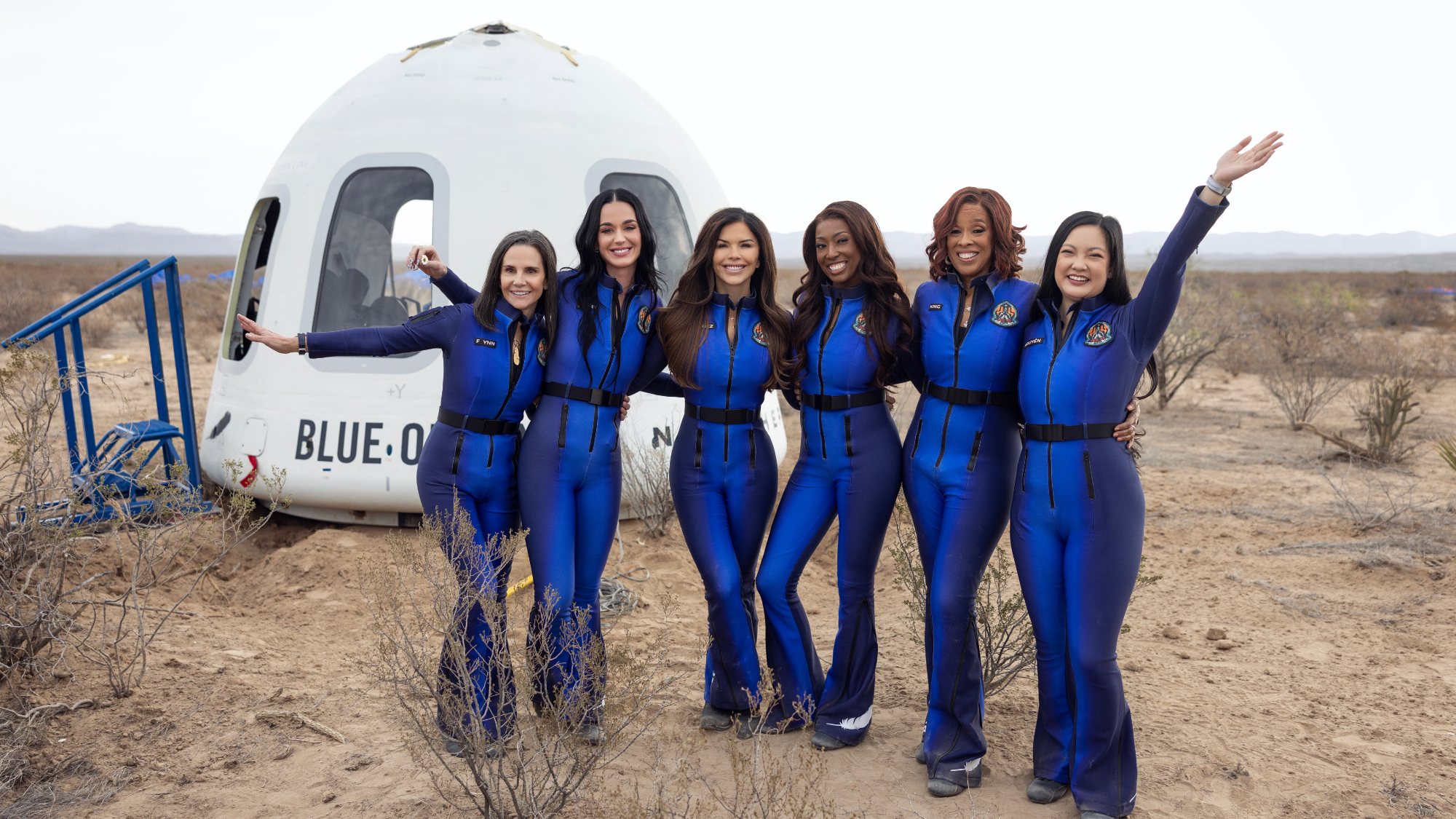Russians baffled as gecko sex satellite is lost in space


This is one experiment you don't want to go wrong: Copulating lizards are floating free somewhere in space.
Russian scientists thought it would be a good experiment to study "the effects of weightlessness on lizard mating," Al Jazeera reports. Researchers from Russia's Institute of Medico-Biological Problems sent a satellite filled with geckos into space on July 19. On Thursday, however, Russian space firm Progress reported that the scientists had lost control of the satellite.
The researchers confirmed that the satellite was "not responding to commands" after they lost control of the vessel's engine, Russia's Interfax news agency reports. Progress is currently trying to re-connect with the satellite, which is set to autopilot.
Subscribe to The Week
Escape your echo chamber. Get the facts behind the news, plus analysis from multiple perspectives.

Sign up for The Week's Free Newsletters
From our morning news briefing to a weekly Good News Newsletter, get the best of The Week delivered directly to your inbox.
From our morning news briefing to a weekly Good News Newsletter, get the best of The Week delivered directly to your inbox.
However, it's not all bad news — the scientists can still watch videos of the mating geckos to observe their zero-gravity mating. But according to Al Jazeera, "there was no immediate word from the scientists behind the experiment on Thursday as to whether the geckos had successfully copulated."
Sign up for Today's Best Articles in your inbox
A free daily email with the biggest news stories of the day – and the best features from TheWeek.com
Meghan DeMaria is a staff writer at TheWeek.com. She has previously worked for USA Today and Marie Claire.
-
 China looms large over India and Pakistan's latest violence
China looms large over India and Pakistan's latest violenceIN THE SPOTLIGHT Beijing may not have had troops on the ground, but as South Asia's two nuclear powers bared their teeth over Kashmir, China eyed an opportunity
-
 Where the new Pope Leo XIV stands on various issues
Where the new Pope Leo XIV stands on various issuesThe Explainer The first American pontiff is expected to continue some of his predecessor's work
-
 What's wrong with America's air traffic control systems?
What's wrong with America's air traffic control systems?Today's Big Question The radios and radar keep going out at Newark International
-
 Sea lion proves animals can keep a beat
Sea lion proves animals can keep a beatspeed read A sea lion named Ronan beat a group of college students in a rhythmic dance-off, says new study
-
 Humans heal much slower than other mammals
Humans heal much slower than other mammalsSpeed Read Slower healing may have been an evolutionary trade-off when we shed fur for sweat glands
-
 Novel 'bone collector' caterpillar wears its prey
Novel 'bone collector' caterpillar wears its preySpeed Read Hawaiian scientists discover a carnivorous caterpillar that decorates its shell with the body parts of dead insects
-
 Scientists find hint of alien life on distant world
Scientists find hint of alien life on distant worldSpeed Read NASA's James Webb Space Telescope has detected a possible signature of life on planet K2-18b
-
 Katy Perry, Gayle King visit space on Bezos rocket
Katy Perry, Gayle King visit space on Bezos rocketSpeed Read Six well-known women went into lower orbit for 11 minutes
-
 Scientists map miles of wiring in mouse brain
Scientists map miles of wiring in mouse brainSpeed Read Researchers have created the 'largest and most detailed wiring diagram of a mammalian brain to date,' said Nature
-
 Scientists genetically revive extinct 'dire wolves'
Scientists genetically revive extinct 'dire wolves'Speed Read A 'de-extinction' company has revived the species made popular by HBO's 'Game of Thrones'
-
 Dark energy may not doom the universe, data suggests
Dark energy may not doom the universe, data suggestsSpeed Read The dark energy pushing the universe apart appears to be weakening